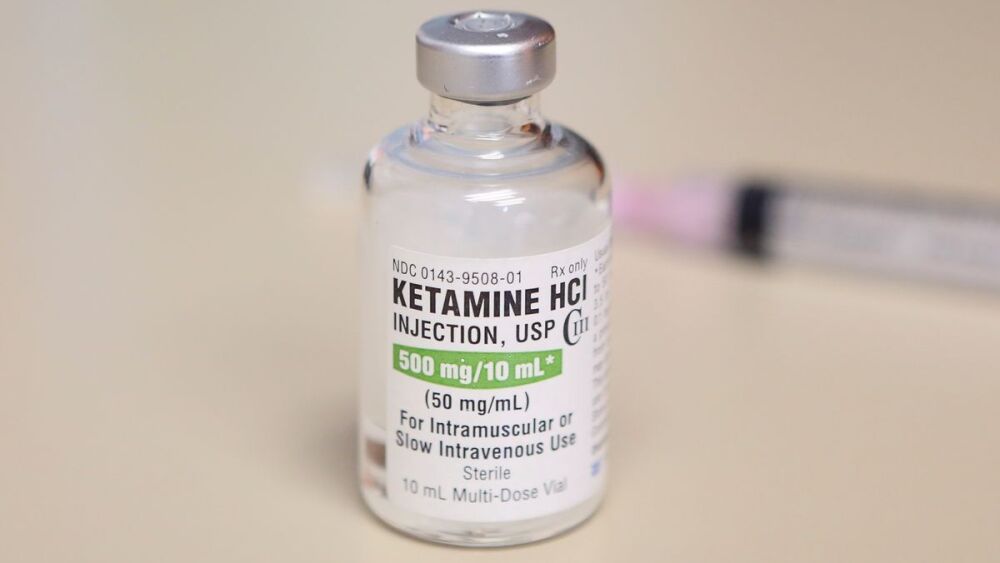The grand jury indictment of two Colorado paramedics following the death of Elijah McClain has paramedics, medical directors and chiefs on edge. The unprecedented criminal charges of negligence call ketamine a deadly weapon and equate it with using a gun or knife to end a person’s life.
EMS attorneys Doug Wolfberg and Steve Wirth wrote a must-read legal analysis of the grand jury indictment for EMS1 readers. They wrote, “It is extremely rare to see criminal charges brought against paramedics involving the care provided to a patient – and we are not aware of any case quite resembling this one.”
We asked EMS1 readers to react to the criminal charges, as well as the Wolfberg and Wirth legal analysis. We were especially interested in the immediate actions organizations should take in light of the grand jury indictment. Here are the top responses we received.
Prevent future events
I sent out the article/analysis to my department, hopefully for dissemination and discussion. We have ketamine, but not for sedation for violent or perceived violent patients, only for RSI, but I think the issue goes beyond the medication of choice, as any medication theoretically could be used.
I plan to incorporate the information into both our regular inservice and our EMS safety group. We MUST mine every bit of data for this to prevent things like this from happening again.
— Brian A. Collins, NREMT-P
Field Training Officer Coordinator
Lancaster County EMS
Medication is not the issue
I believe this creates a very dangerous precedent for EMS providers. We understand the practice of paramedicine comes with inherent risks to our medics and our patients. As leaders, we are charged with ensuring we have an excellent corps of personnel. That means we hire the best people, educate them, and make sure they are proficient in their skills and practice of paramedicine and understand their scope.
My chief concern is the indictment sets a precedent that could lead to criminal prosecution in any event when a medic deviates from protocol, even when it means doing what’s right for the patient or following the direction of on-line medical control when a protocol is in question.
The issue is not the medication. The issue is leadership responsibility and personal accountability.
— J. Paul Davis
Director, Department of Emergency Services
Johnson County MED-ACT
Paramedics answer to the patient
I have to again emphasize to paramedics that we are patient advocates; this is our primary role. In being a patient advocate we must remember the principle “first, do no harm.”
As a patient advocate, we answer to the patient: Not to family, bystanders, churches, business, or law enforcement. We are looking out for the best interest of the patient no matter who that patient is. In looking out for the patient, we must show compassion. Compassion is what the public perceives as good patient care. This case gives the perception, be it right or wrong, that EMS was not looking out for the patient, but was concerned about carrying out the duty of law enforcement.
Our crews must learn from countless incidences of civil litigation involving scenes in which EMS strictly carried out the wishes of law enforcement; scenes such as “medical clearance” for DUI or being tased, injuries following a takedown, or assisting restraining a patient. Numerous cases have shown that EMS did not examine or treat a patient on law enforcement calls. Now with changing times, criminal cases are now coming about for EMS.
Our crews forget that their chances of being involved in any litigation are extremely remote if they are the patient advocate and treat each patient as if he/she was a loved one.
— Dave Bledsoe NREMT, RN, LNC
Author of “The Practical Legal Guide for the Field Paramedic”
Contributing Author to “Nancy Caroline: Emergency Care in the Streets,” 8th and 9th editions regarding legal issues and documentation
Listen for more
Legal matters: Chemical restraint
EMS attorneys Stephen Wirth and Douglas Wolfberg discuss the legal analysis of the charges brought against Colorado firefighter-medics in the Elijah McClain case
Do your best on behalf of the patient
Peter Canning, paramedic, author and EMS coordinator, wrote a blog post about the grand jury indictment and his thoughts on what it means for EMS. Canning wrote:
“As an EMS coordinator, I will work to have the best, safest protocols for our medics to work under, and when questionable cases are brought to me, I will try to see them through the medics’ eyes, based on my own experience.
As a medic on the street, I will continue to try to do what I believe is best for my patients, while working within the scope of our medical protocols/guidelines.
No one ever said being a medic was easy. Do the best you can. Know your protocols. Use sedation with caution. Advocate for your patients. Do your best. Act on your patient’s behalf.”
— Peter Canning
EMS Coordinator
UConn John Dempsey Hospital
Continue the discussion
EMS1 will continue to monitor and report on the impacts of the Elijah McClain case. Become a subscriber to receive our daily email updates and continue the discussion about the Wolfberg and Wirth legal analysis on Facebook.
Read next: Patients in custody and in need of treatment. Eight recommendations for EMS from Wolfberg and Wirth.














